Nepal's Maoists say monarchy "finished"
Nepal's Maoists say abolition of the monarchy is now just a "matter of procedure" as they held a commanding lead in the count from last week's landmark election.
Tuesday, 15.04.2008.
15:40

Nepal's Maoists say abolition of the monarchy is now just a "matter of procedure" as they held a commanding lead in the count from last week's landmark election. Up for grabs are 601 seats in an assembly that will decide the impoverished country's political future, and with the count edging towards the halfway mark, the former rebels are on track to win an absolute majority. Nepal's Maoists say monarchy "finished" "The monarchy is finished. There should be no doubt about that, it's just a matter of procedure," senior Maoist official Prababkher, who uses one name, told AFP. He predicted that when the new assembly convenes, it will waste little time in declaring a republic. "We may not declare a republic on the first day of the first constituent assembly meeting. Declaring a republic may take a few days, but there is no doubt it will happen," said the Maoist official, a senior party member with a seat in the new body. The April 10 elections were a central plank of a 2006 peace deal under which the Maoists agreed to end their decade-long insurgency -- which left at least 13,000 people dead -- and enter mainstream politics. Although other mainstream parties had agreed with the Maoists to sack the unpopular King Gyanendra, some politicians have been arguing that Nepal should keep some kind of monarch as a symbol of the neutrality of the country sandwiched between Asian giants China and India. King Gyanendra ascended the throne after a palace massacre in 2001 -- in which the former king and much of the rest of Nepal's core royals were gunned down at a family get-together by a drunken and suicidal prince who was furious at not being allowed to marry the woman he loved. The monarch's status sank in 2005, when he fired the government and seized absolute power to fight the Maoists, only to finish up being sidelined by the peace deal. Even parties seen as slightly sympathetic to keeping a monarch are lagging behind the ultra-republican Maoists in the vote count. A total 208 seats have already been allocated, with the Maoists taking 114. Their nearest rival, the centrist Nepali Congress, has won 32 seats, the election commission said. Officials said counting for the 335 seats to be awarded by proportional representation had also begun, with the results -- based on roughly eight percent of returns -- so far showing a more equal spread among the main parties. However, a clear trend from this part of the count was not expected to be known for several days, given that ballot boxes from outlying areas have yet to reach the capital. "Proportional representation counting will be over by next week. Only then will the total number be divided to percentages and the seats given to the parties," election official Dilliram Bastola told AFP. The remaining 26 seats in the Constituent Assembly will be allocated by the interim government due to be formed after all the counting has been completed. The United States -- who list the Maoists as a terrorist organization -- welcomed the polls in a statement received Tuesday. Despite pre-election violence and some instances of election day malpractice "Nepali voters were able to cast their ballots peacefully in most districts," State Department spokesman Sean McCormack said in the statement. "Over the next days and weeks, as complete results of these polls become known, the United States urges patience and nonviolent observance of the democratic process."
Nepal's Maoists say monarchy "finished"
"The monarchy is finished. There should be no doubt about that, it's just a matter of procedure," senior Maoist official Prababkher, who uses one name, told AFP.He predicted that when the new assembly convenes, it will waste little time in declaring a republic.
"We may not declare a republic on the first day of the first constituent assembly meeting. Declaring a republic may take a few days, but there is no doubt it will happen," said the Maoist official, a senior party member with a seat in the new body.
The April 10 elections were a central plank of a 2006 peace deal under which the Maoists agreed to end their decade-long insurgency -- which left at least 13,000 people dead -- and enter mainstream politics.
Although other mainstream parties had agreed with the Maoists to sack the unpopular King Gyanendra, some politicians have been arguing that Nepal should keep some kind of monarch as a symbol of the neutrality of the country sandwiched between Asian giants China and India.
King Gyanendra ascended the throne after a palace massacre in 2001 -- in which the former king and much of the rest of Nepal's core royals were gunned down at a family get-together by a drunken and suicidal prince who was furious at not being allowed to marry the woman he loved.
The monarch's status sank in 2005, when he fired the government and seized absolute power to fight the Maoists, only to finish up being sidelined by the peace deal.
Even parties seen as slightly sympathetic to keeping a monarch are lagging behind the ultra-republican Maoists in the vote count.
A total 208 seats have already been allocated, with the Maoists taking 114. Their nearest rival, the centrist Nepali Congress, has won 32 seats, the election commission said.
Officials said counting for the 335 seats to be awarded by proportional representation had also begun, with the results -- based on roughly eight percent of returns -- so far showing a more equal spread among the main parties.
However, a clear trend from this part of the count was not expected to be known for several days, given that ballot boxes from outlying areas have yet to reach the capital.
"Proportional representation counting will be over by next week. Only then will the total number be divided to percentages and the seats given to the parties," election official Dilliram Bastola told AFP.
The remaining 26 seats in the Constituent Assembly will be allocated by the interim government due to be formed after all the counting has been completed.
The United States -- who list the Maoists as a terrorist organization -- welcomed the polls in a statement received Tuesday.
Despite pre-election violence and some instances of election day malpractice "Nepali voters were able to cast their ballots peacefully in most districts," State Department spokesman Sean McCormack said in the statement.
"Over the next days and weeks, as complete results of these polls become known, the United States urges patience and nonviolent observance of the democratic process."


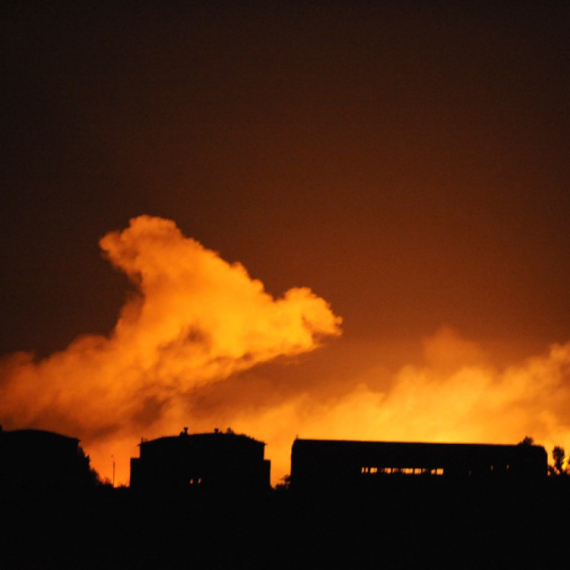


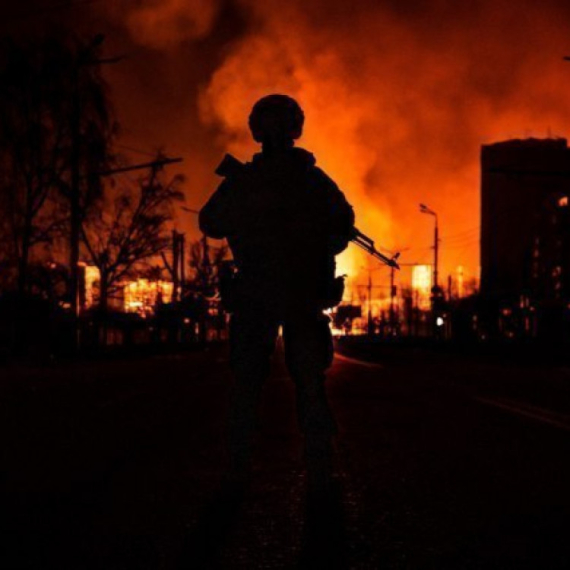






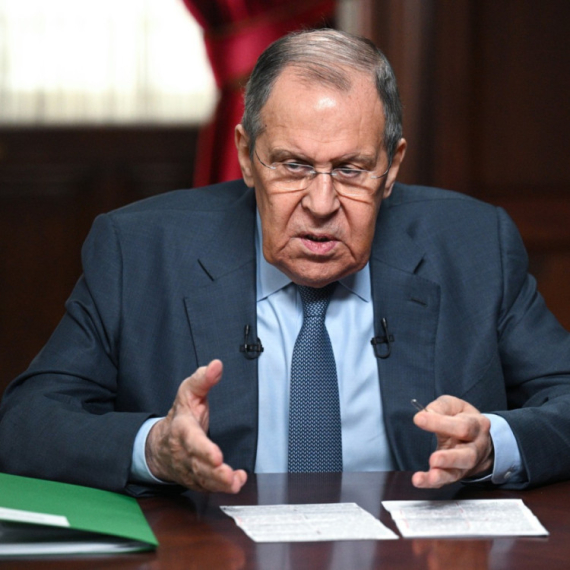


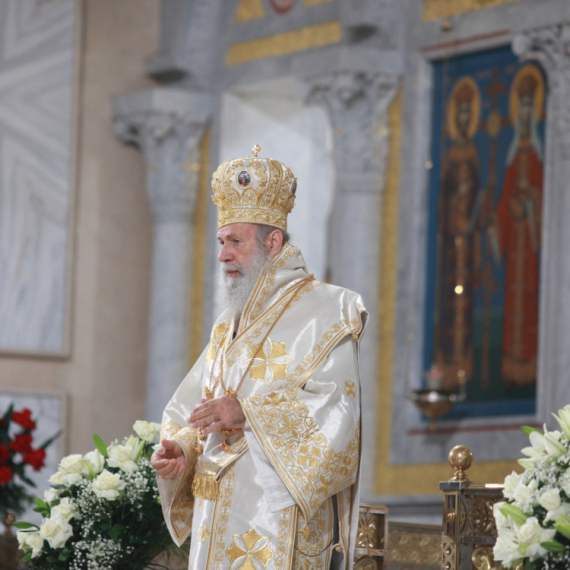
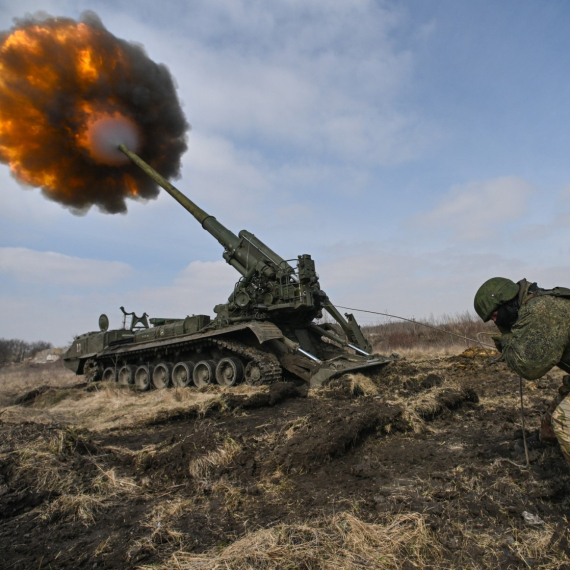



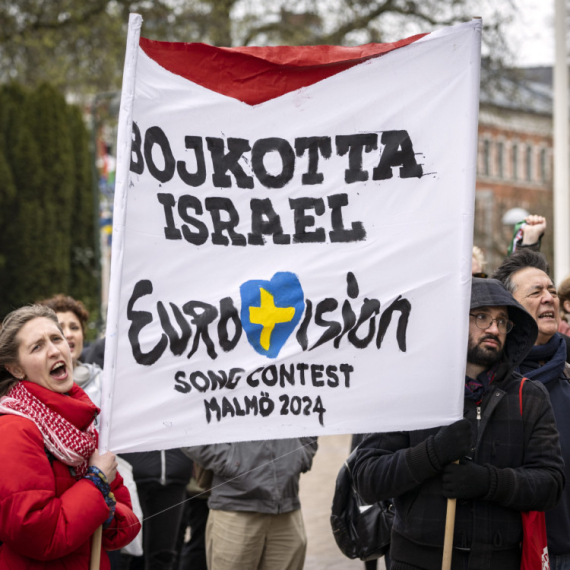










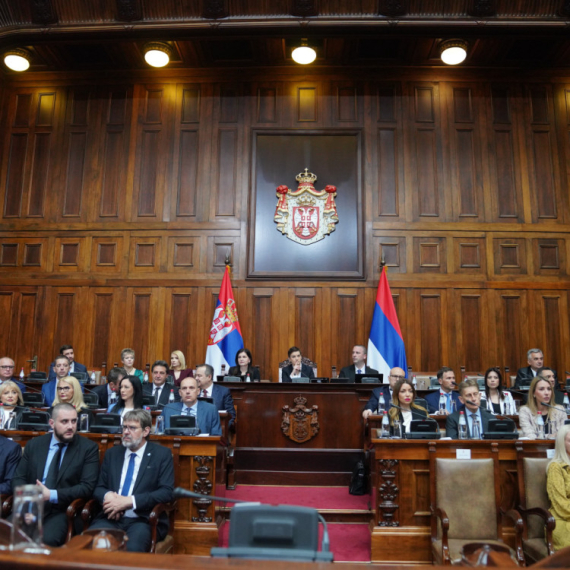











Komentari 0